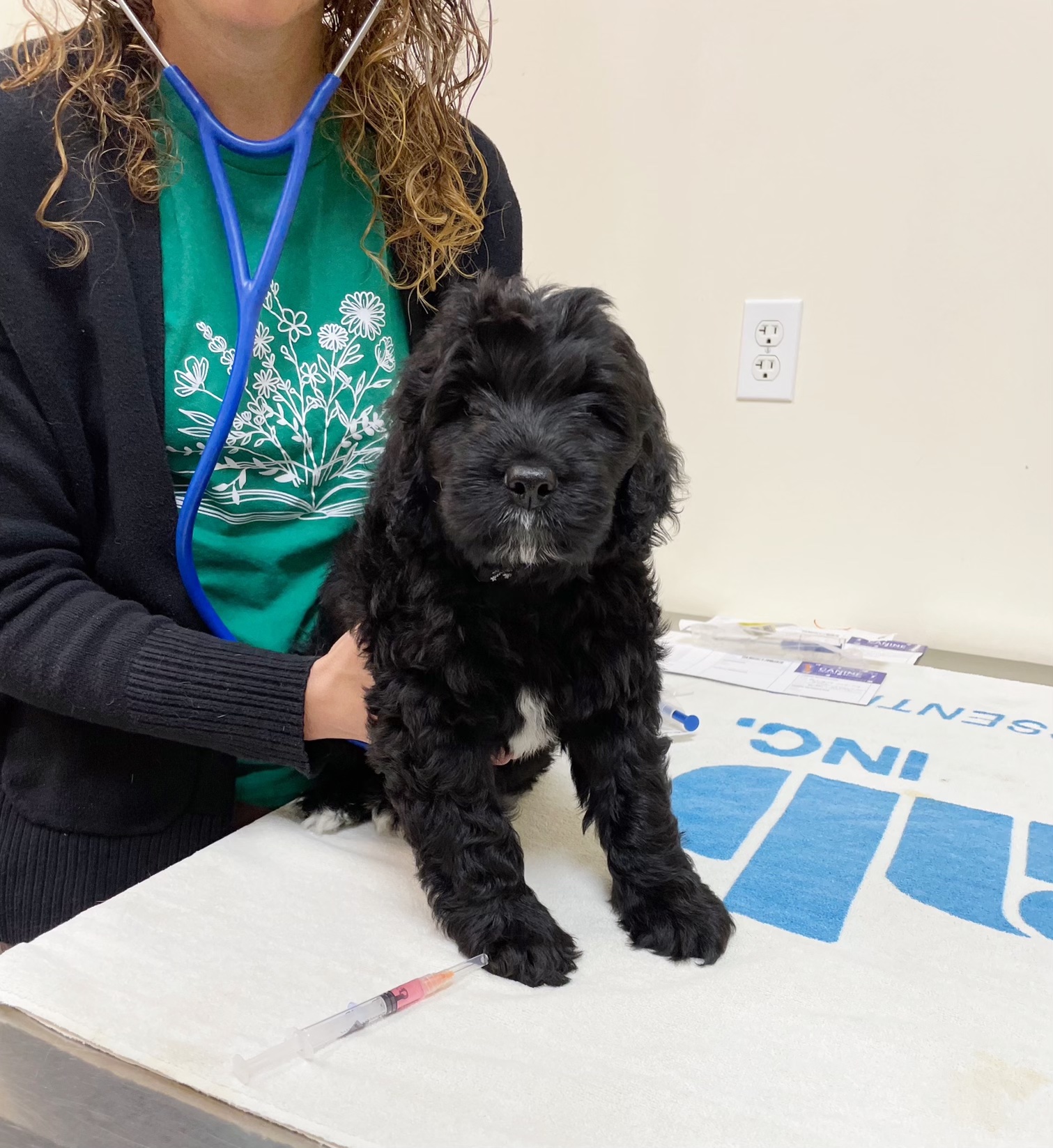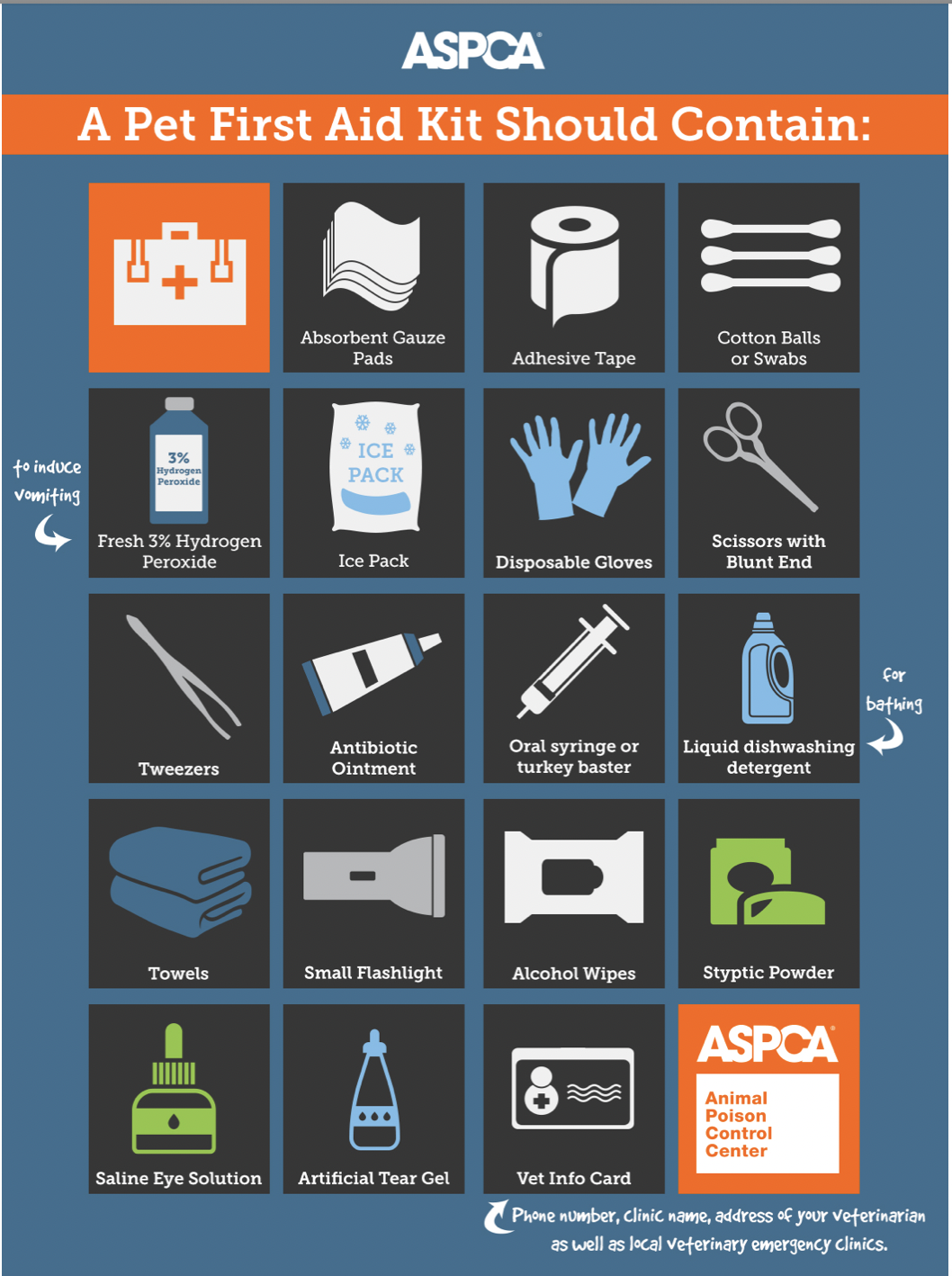HEALTH & WELLNESS WINTER 2025 The Mission of the Health and Wellness Committee is to develop plans to protect and improve the health of our Breed through education, screening tools and working with other Regional PWD Clubs and the PWDCA. As stated on the PWDCA's official website, "Responsible breeding practices are encouraged to reduce or eliminate hereditary health problems which can lead to increased veterinary costs, decreased quality of life, and/or premature death." We will bring many important health and wellness related topics to our members on our Health and Wellness web page and in our News Buoy, on our social media outlets such as Facebook and Instagram, and email, just to name a few. |
Cold Weather Safety |
|
|
Heartworm Continues to Rise
|
Understanding the Risks of Avian Flu in Dogs
According to the AKC, "Bird flu is a common name for avian flu or avian influenza, a virus that mainly infects birds. However, bird flu can also spread to humans and other mammals." Although bird flu can transfer to other mammals, it is rare in dogs but it is best to be aware of the potential symptoms. Just like in humans, rare complications can cause pneumonia or lead to death. Transmission and Risks: Dogs can contract avian flu through various means, such as eating infected birds or raw meat from infected animals, or through contact with contaminated environments. While cases in dogs are rare, the virus's ability to mutate poses a potential risk. It's crucial for dog owners to be aware of these risks, especially during outbreaks. Symptoms to Watch For: Early detection and preventive care are vital to protect your pet. Based on other respiratory diseases, symptoms can include:
| Preventive Measures: To minimize the risk, keep your pets away from wild birds and their droppings. Ensure they do not consume raw or undercooked poultry. For those with backyard flocks, maintaining a secure and clean environment is essential to prevent the spread of the virus. By staying informed and vigilant, dog owners can help protect their pets from the potential dangers of avian flu. To learn more, head to these sites: AVMA's: Avian influenza in pets and backyard flocksCDC's:What Causes Bird Flu in Pets and Other Animals |
Useful Tools for the Unexpected
Watch this video from the AKC to learn how to do CPR on your dog! And do you know how to do the doggy Heimlich? Check out what the AKC has to say here! |
1. Animal Poison Control Center: 888-426-4435 2. Your closest 2-3 emergency vets. Make sure to call ahead and explain your situation to the vet before you arrive. Although some emergency vets are open 24/7, not all have the capacity to handle your case OR they like to be prepared for your arrival and give specific arrival instructions.
3. Your local vet. Some vets have "urgent care" time slots aside for their patients that have an urgent (but not necessarily emergency) case. Call ahead to make sure they're prepared for your dog. 4. First Aid Kit See here for more first aid kit tips! |
You never know when disaster will strike so be prepared! Keep this Pet Disaster Checklist handy and along with some tips from the Red Cross here. |




